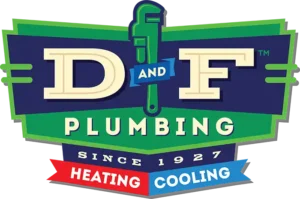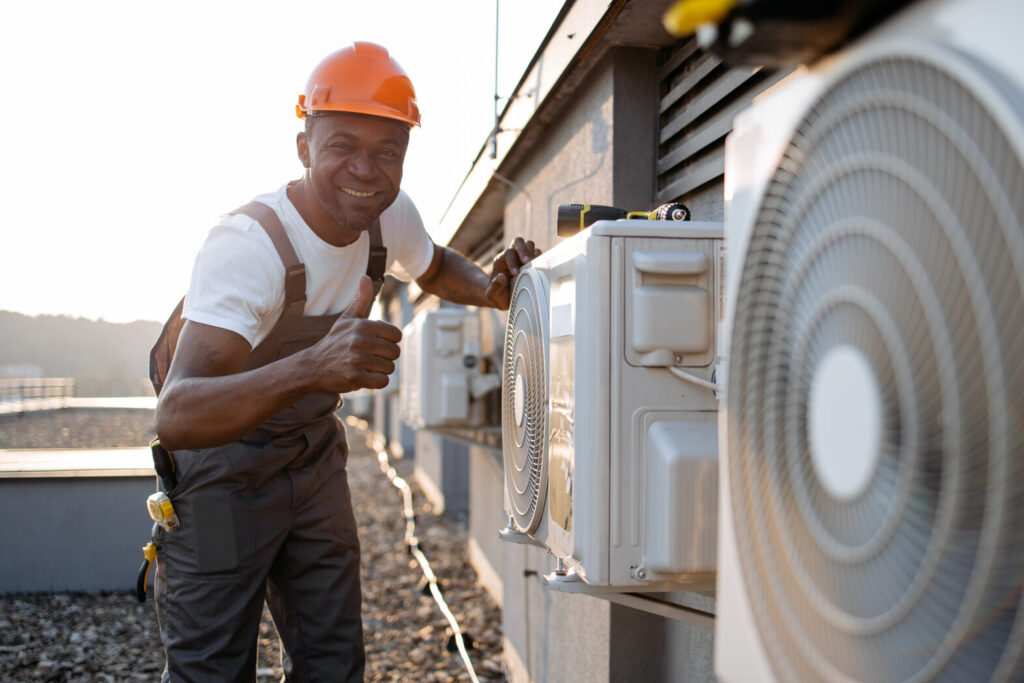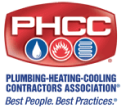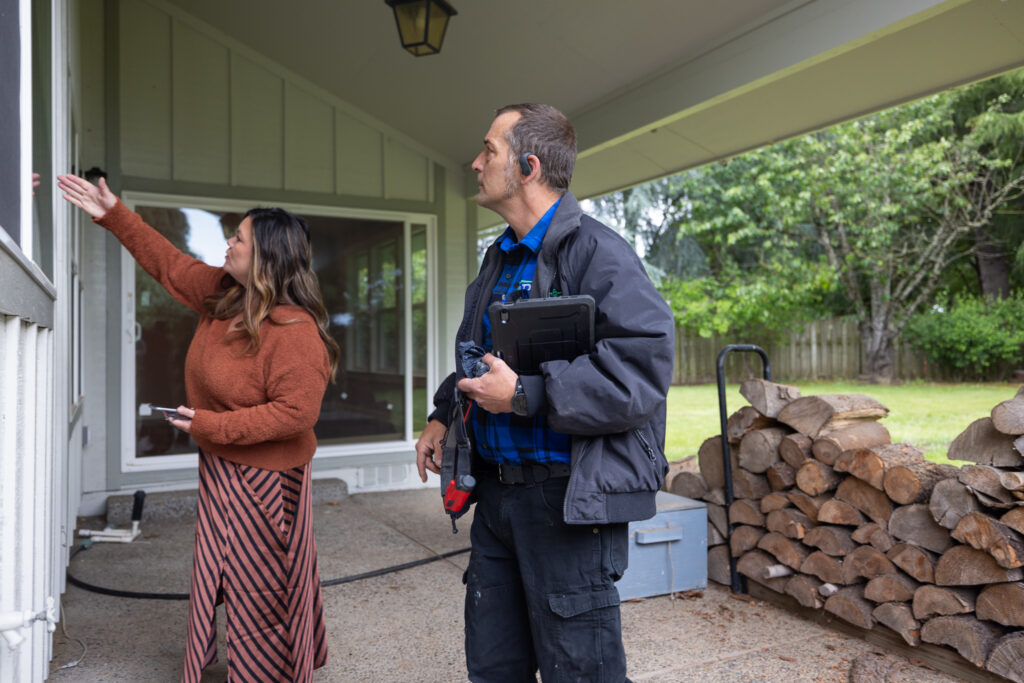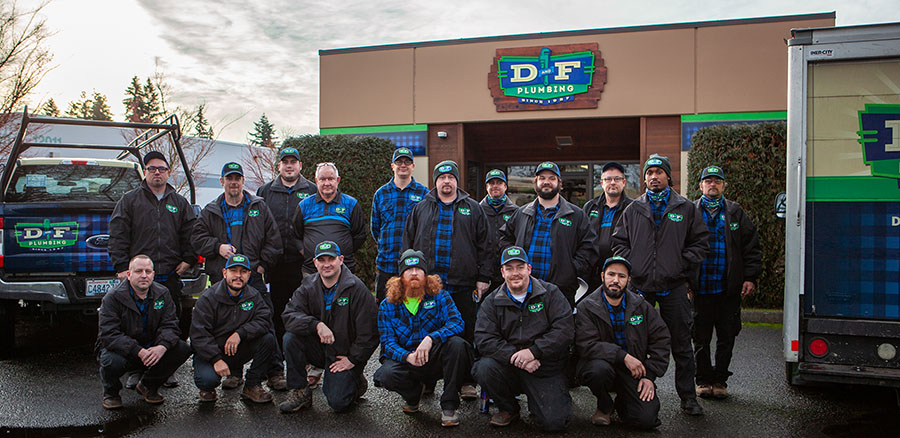Choosing the right air conditioning system is crucial for maintaining a comfortable indoor environment, especially when temperatures soar. Different systems offer various benefits and understanding these can help you make an informed decision. Whether you are considering a central air conditioner, ductless mini-split system, or a window unit, it is essential to choose one that suits your specific climate conditions.
Factors such as local temperature, humidity levels, and energy efficiency should be carefully considered. For example, a central air system may be ideal for a large home in a temperate climate, while a ductless mini-split could be perfect for a smaller space in a humid area. Understanding these differences can help you invest in an AC system that provides optimal cooling and comfort.
So, let’s dive into the key aspects that will help you choose the right AC system for your climate.
Understanding Different Types of AC Systems
Overview of Central Air Conditioning
Central air conditioning is a common choice for many homeowners. This type of system uses a network of ducts to distribute cool air throughout the entire home. A central air conditioner consists of an outdoor unit, which contains the compressor and condenser, and an indoor unit that houses the evaporator coil.
The primary benefit of central air conditioning is its ability to provide consistent cooling to multiple rooms simultaneously. This system is ideal for large homes where even cooling is essential. However, central air conditioning systems can be expensive to install and may require significant modifications to existing ductwork.
Pros and Cons of Ductless Mini-Split Systems
Ductless mini-split systems are a popular alternative to central air conditioning, especially for homes without existing ductwork. This type of system includes an outdoor compressor unit and one or more indoor air handlers mounted on walls or ceilings.
Pros of ductless mini-splits:
- Flexible zoning options allow for independent temperature control in different rooms.
- Easy installation, especially in homes without ductwork.
- High energy efficiency, as they avoid losses associated with ductwork.
Cons of ductless mini-splits:
- Higher upfront costs compared to window units or portable ACs.
- Visible indoor units may not be aesthetically pleasing to some homeowners.
Benefits of Window Units and Portable ACs
Window units and portable air conditioners are excellent options for cooling single rooms or small spaces. These systems are typically more affordable and easier to install than central or ductless systems.
Benefits of window units:
- Quick and simple installation in most windows.
- Cost-effective for cooling small areas.
- Easily removable and transferable to other rooms or homes.
Benefits of portable ACs:
- Flexibility to move the unit between rooms as needed.
- No permanent installation required.
- Suitable for rooms without suitable windows for window units.
Factors to Consider When Choosing an AC System
Climate and Temperature Considerations
When selecting an AC system, it’s important to consider the climate where you live. Different types of AC systems perform better under specific climate conditions. For example, in hot and dry climates, a central air system with a built-in humidifier might be ideal. In contrast, in humid climates, a system with strong dehumidification capabilities is preferable.
Energy Efficiency and SEER Ratings
Energy efficiency is a crucial factor in choosing an air conditioning system. The Seasonal Energy Efficiency Ratio (SEER) rating measures an AC unit’s efficiency. Higher SEER ratings indicate better energy efficiency, potentially lowering your energy bills. Look for systems with high SEER ratings to maximize energy savings over the unit’s lifespan.
Compatibility with Existing Home Infrastructure
Before installing a new AC system, assess your home’s existing infrastructure. Central air conditioning requires ductwork, which may not be present in older homes. In such cases, a ductless mini-split or portable unit might be more suitable. Consider the layout and size of your home, as well as the ease of installation for the chosen system. Consult our professionals to ensure the system you select is compatible with your home’s infrastructure and meets your cooling needs.
By carefully evaluating these factors, you can choose an AC system that provides optimal cooling and efficiency for your home and climate.
Climate-Specific AC Recommendations
Best AC Types for Hot, Dry Climates
For hot, dry climates, central air conditioning systems are often the most effective. These systems provide consistent, powerful cooling across all rooms. Central air systems equipped with variable-speed compressors can adjust cooling levels automatically, ensuring your home remains at a comfortable temperature even during extreme heat. Ductless mini-split systems are another viable option. They offer zoned cooling, allowing you to control temperatures in individual rooms. This can be particularly useful in homes with varying sun exposure. Ensure your chosen system has a built-in humidifier to add moisture to the dry air, enhancing comfort.
Suitable Options for Humid, Coastal Areas
In humid, coastal areas, it’s crucial to choose an AC system that excels in dehumidification. Ductless mini-split systems are highly effective in these environments, offering precise humidity control while cooling your space. These systems can be installed in various zones, providing tailored cooling and humidity levels for each area. Portable air conditioners with strong dehumidification features are also a good choice for smaller spaces. For larger homes, consider a central air conditioning system with a dehumidifying function to remove excess moisture from the air, improving indoor comfort.
Ideal Systems for Temperate and Variable Climates
Homes in temperate and variable climates need AC systems that can adapt to changing weather conditions. For these environments, a ductless mini-split system with both cooling and heating capabilities is ideal. These systems offer flexibility, allowing you to switch between modes as temperatures fluctuate. Central air conditioners with heat pumps are another excellent option. They provide efficient cooling during the summer and reliable heating during cooler months. Window units or portable ACs with built-in heating elements can also serve as versatile solutions for smaller spaces. These units offer the convenience of both heating and cooling in a compact package.
Professional Installation and Maintenance
Importance of Professional AC Installation
Proper installation is crucial for the optimal performance of your air conditioning system. Professional AC installation ensures that all components are correctly set up and that the system operates at peak efficiency. Mistakes during installation can lead to reduced performance, higher energy bills, and a shorter lifespan for the unit. Our professionals have the expertise to handle complex installations, ensuring all connections are secure and the system is calibrated for maximum efficiency.
Regular Maintenance Tips for Optimal Performance
Regular maintenance is key to keeping your AC system running smoothly. Here are some essential tips:
- Change Air Filters: Replace air filters every 1-3 months to maintain proper airflow and air quality.
- Clean Coils: Ensure the evaporator and condenser coils are clean to improve efficiency.
- Check Refrigerant Levels: Low refrigerant can reduce cooling capacity and damage the system.
- Inspect Ductwork: Look for leaks or blockages that could impede airflow and reduce efficiency.
- Schedule Professional Tune-Ups: Have our technicians perform regular inspections and maintenance to identify and address issues early.
Benefits of Choosing Our Experienced Technicians
Choosing our experienced technicians for your AC Installation and Maintenance offers numerous benefits. Our professionals bring a wealth of knowledge and skill to each project, ensuring your system is installed correctly and operates efficiently. Our experienced technicians can quickly diagnose and fix any issues, minimizing downtime and preventing costly repairs. They also provide valuable advice on maintaining your system, helping you avoid common pitfalls and extend the life of your AC unit.
Conclusion
Selecting the right air conditioning system involves careful consideration of your home’s specific needs and climate conditions. Whether you opt for a central air system, a ductless mini-split, or a portable unit, each type offers unique benefits suited to different environments. By choosing the right system and relying on experienced technicians, you can achieve optimal cooling performance tailored to your climate.
Ready to upgrade your air conditioning system? Contact D&F Plumbing, Heating and Cooling today for expert AC Installation in Portland, OR. Let our skilled technicians help you find the perfect AC solution for your home!
